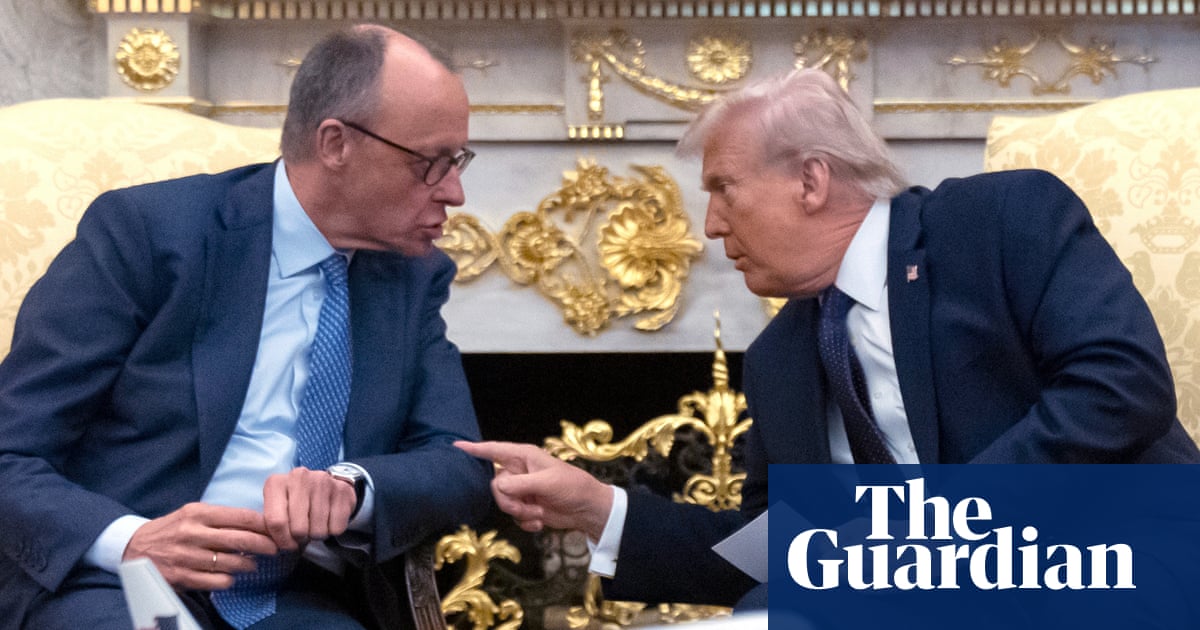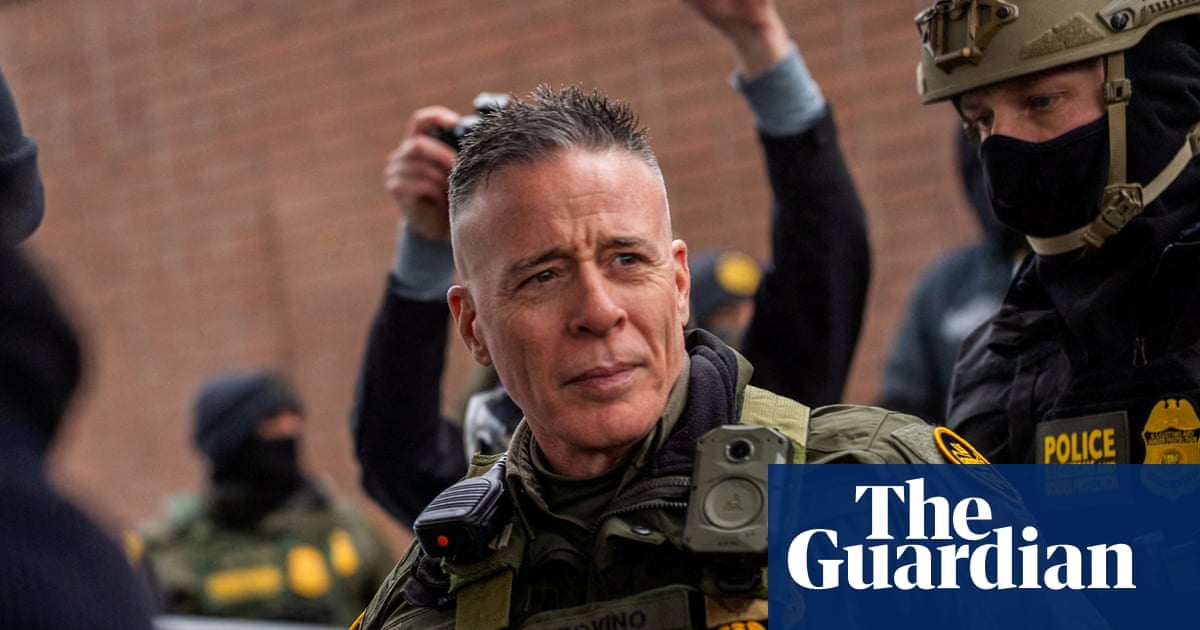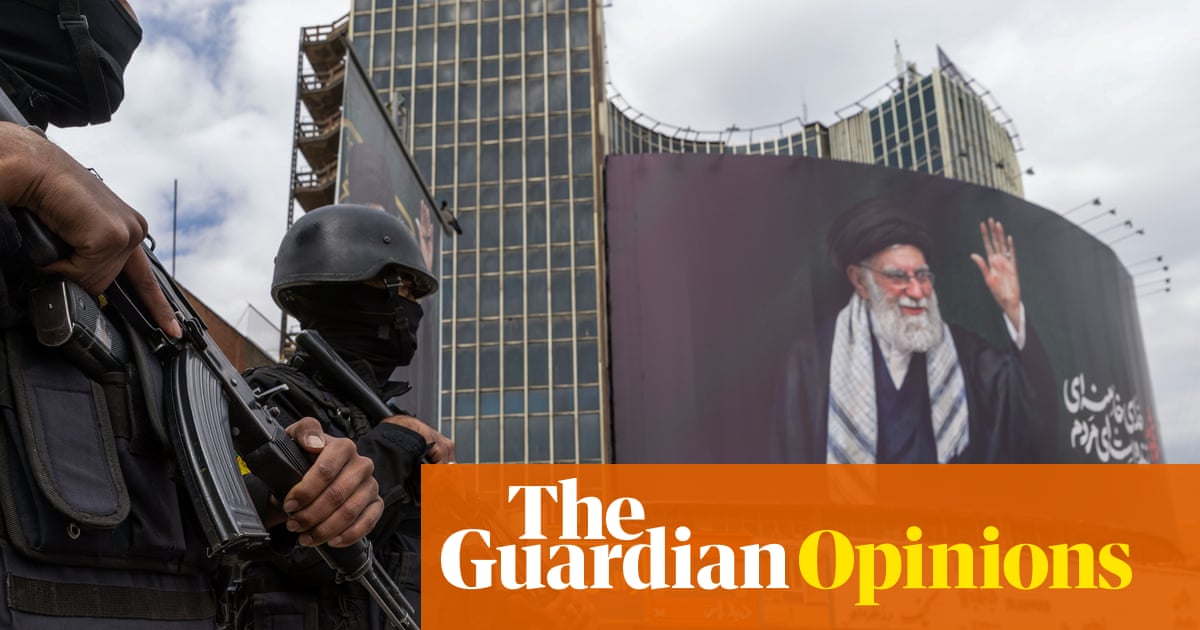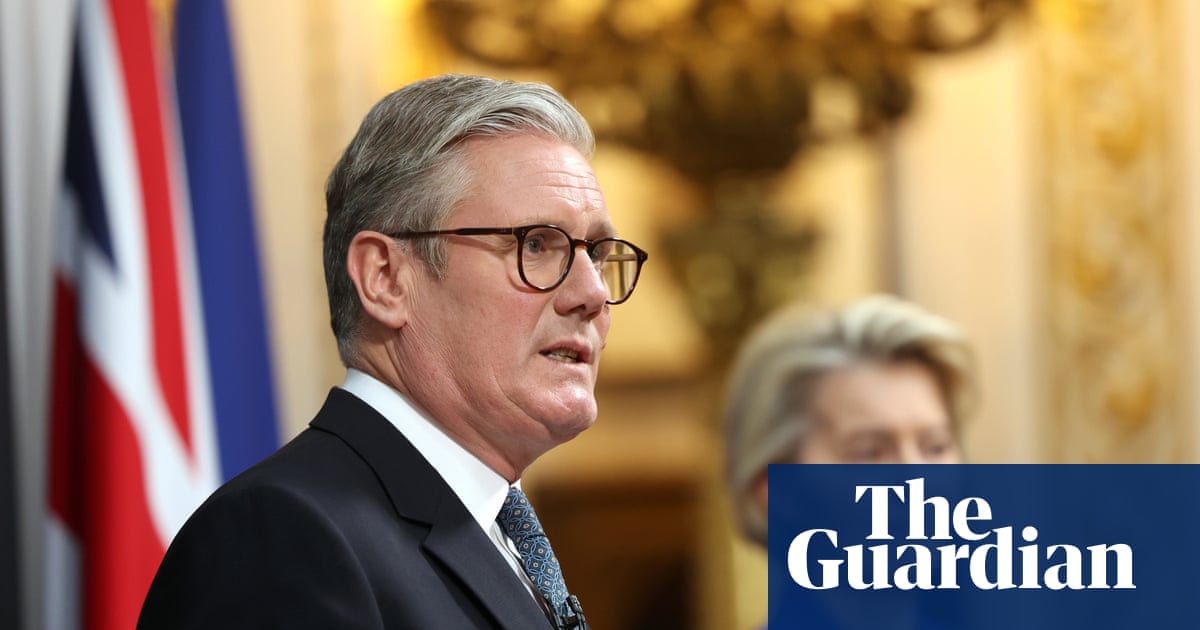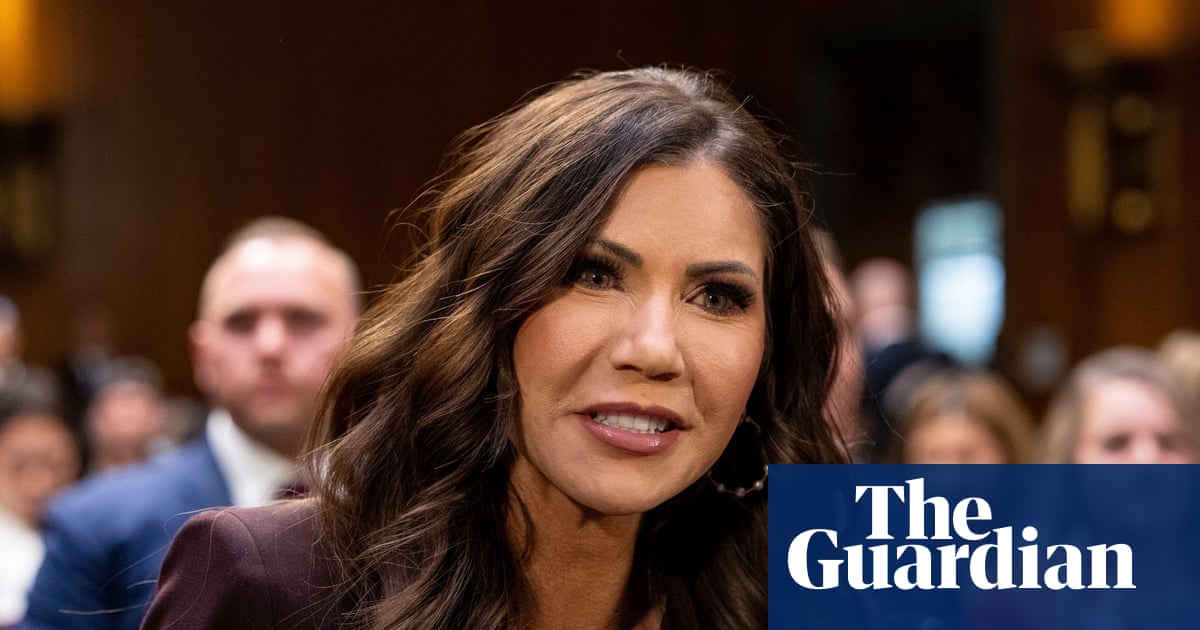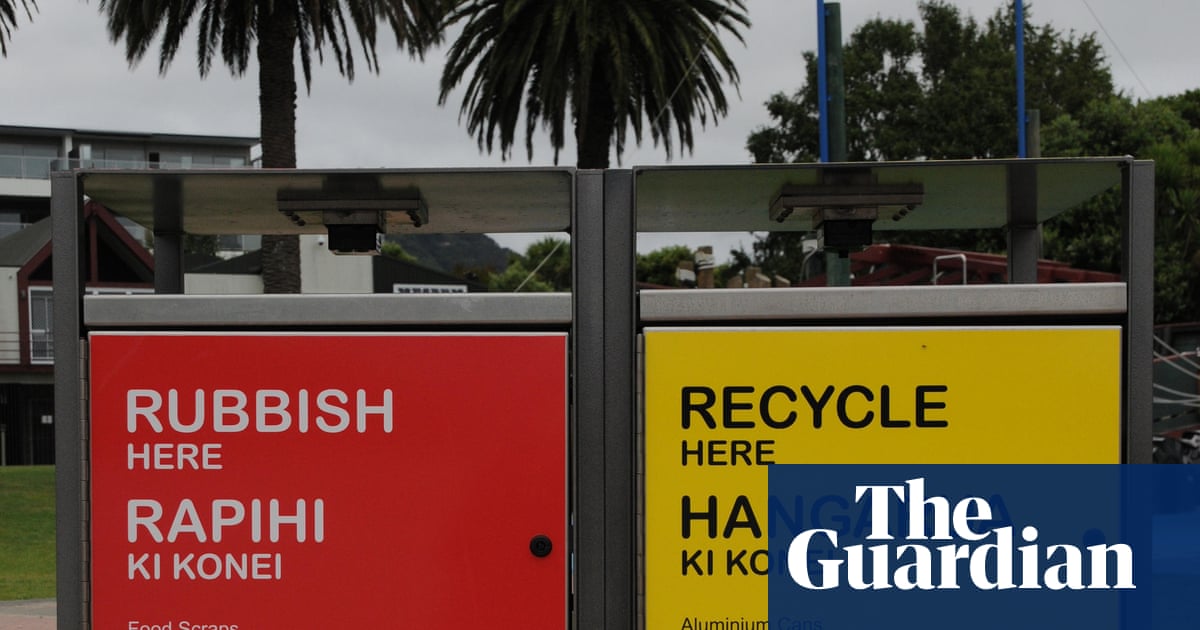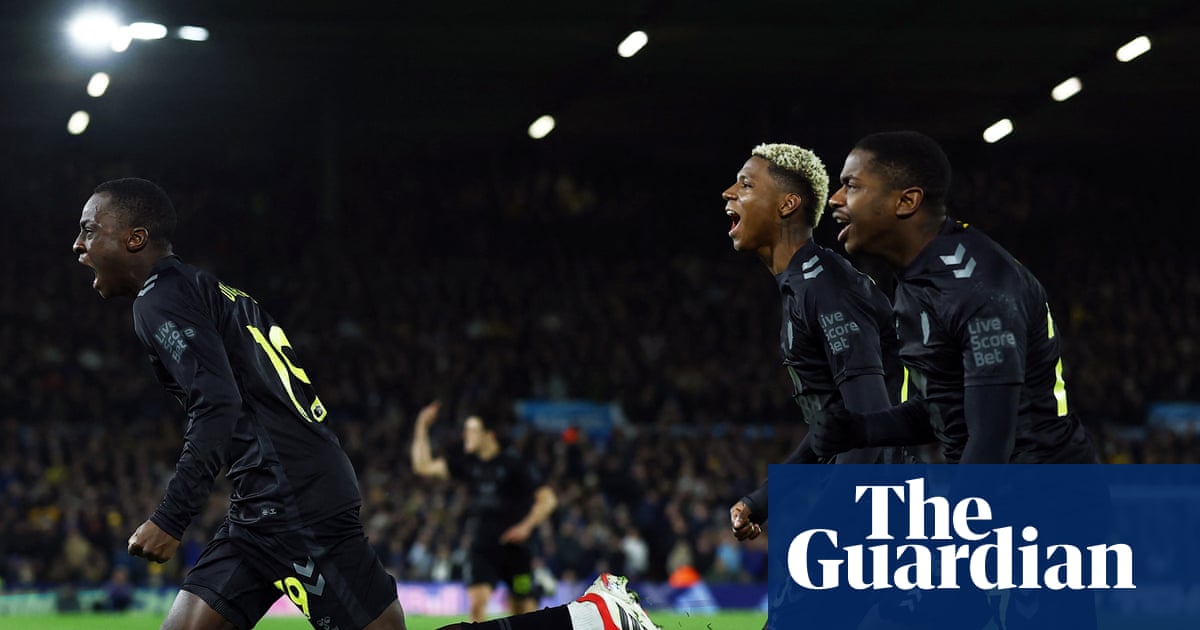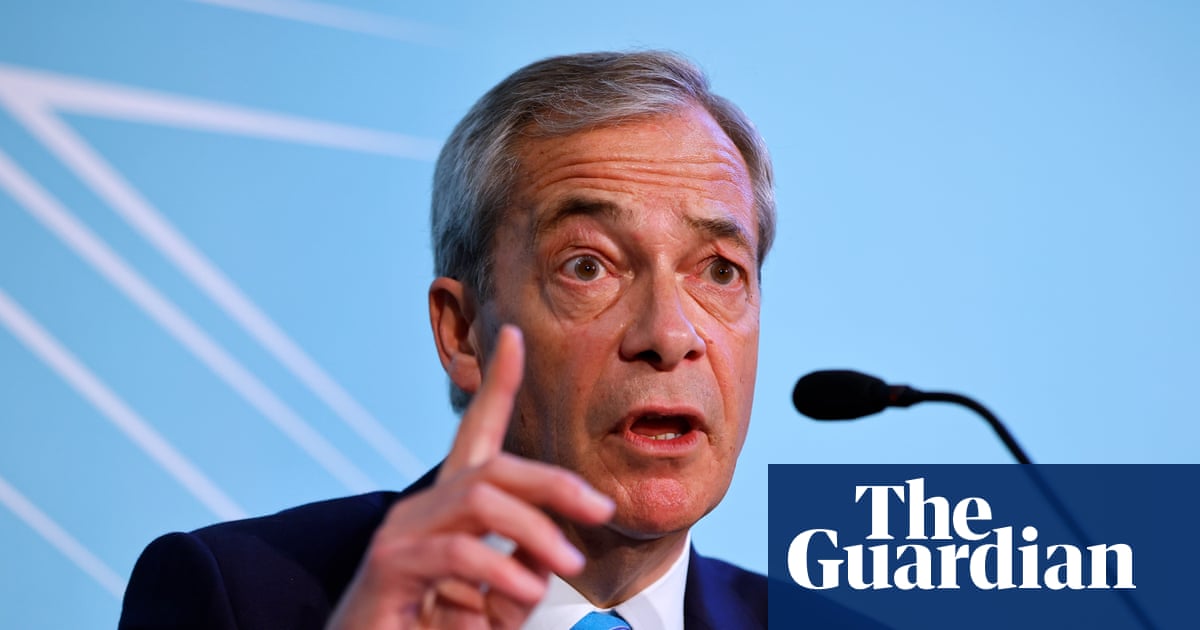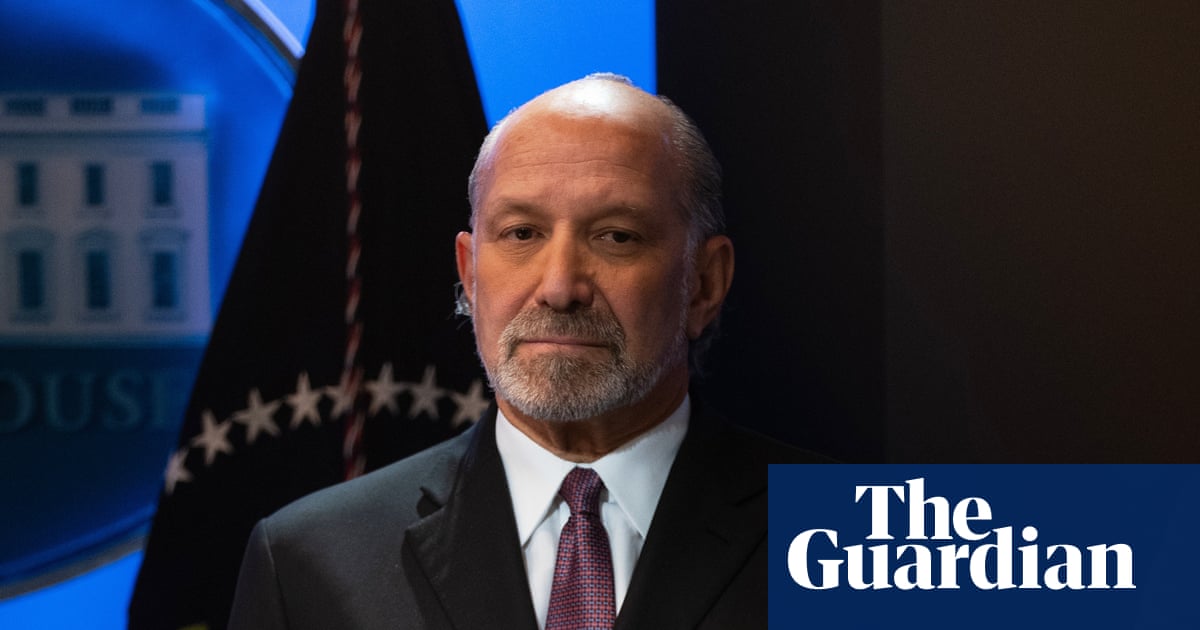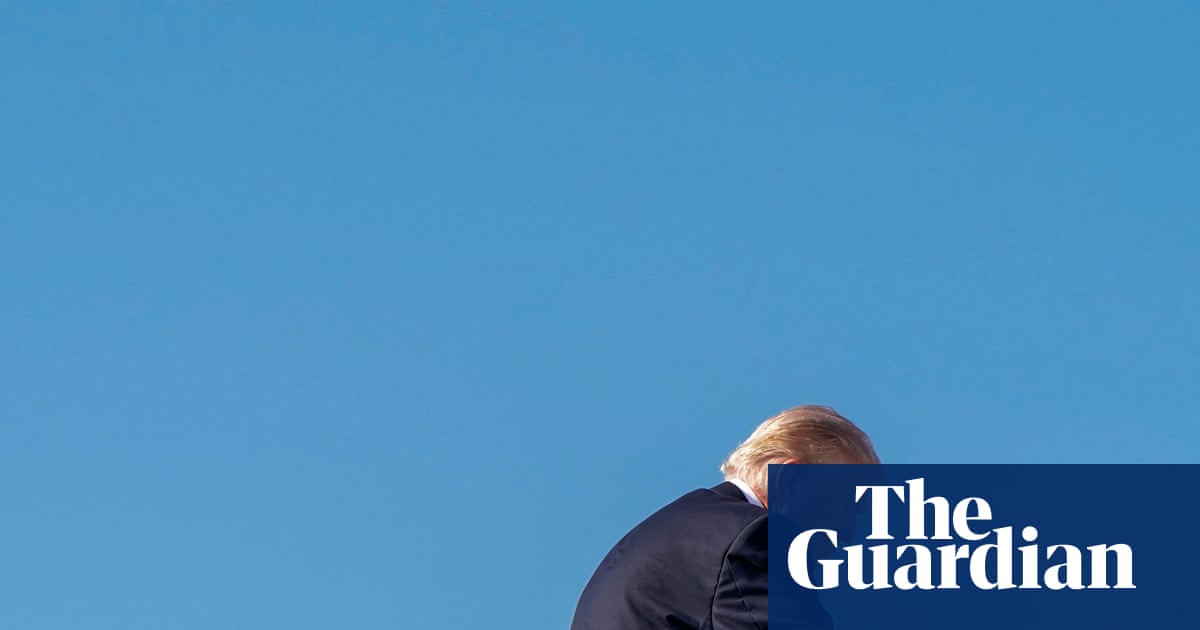When Nazanin Zaghari-Ratcliffe was arrested in Iran in 2016, it wasn’t immediately obvious what had happened – but within 100 days, we had the contours of the story. Her husband, Richard Ratcliffe, held a press conference. He had amassed 780,000 signatures on a petition for her release, and delivered a letter urging the same thing to former PM David Cameron. This, it transpired much later, was after murky meetings with the Foreign Office in which civil servants insisted that the best thing, both for Nazanin’s release and the safety of her parents and brother in Iran, was to lay low and let diplomacy take its course.
“It was state hostage-taking,” says Joseph Fiennes, who plays Richard Ratcliffe in the BBC’s four-part drama Prisoner 951. “It clearly goes on, and innocent people and families are completely disrupted and tarred for life. And now I’ve told this story, I look at anyone that might be accused of something, and I don’t quite believe it.”
Back in July 2016, it was plain that something had gone terribly wrong. A dual national, Nazanin was held in jail on spying charges, separated from her two-year-old daughter. She was accused of attempting to overthrow the Iranian regime, of working for MI6, “empowering women” (in one interrogation) and earning money illegally. It sounded fanciful. She worked for the news agency Reuters – but not even its news-gathering arm, rather its charitable foundation – and she had legitimate business in Iran, taking her daughter to see her parents.
If the charge sheet sounded dodgy to an unschooled audience, it rang louder alarm bells still in the Iranian diaspora, as Narges Rashidi, who plays Nazanin and was born in Khorramabad in Iran (moving to Germany when she was seven) attests. “We were all very aware that there was no truth to the made-up reasons they said she was being held.”
But the UK was fresh from Brexit, and the day after that letter went to Cameron, Theresa May took over as prime minister. The news agenda only had eyes for constitutional chaos, and Boris Johnson was suddenly foreign secretary, with dire results. Probably the most attention the Zaghari-Ratcliffes got in this period was when Johnson made his egregious remarks the following year, that she’d been “teaching people journalism, as I understand it”, which was untrue and gave heft to the Iranian state’s trumped up allegations, making her position even worse.
For all the information and intermittent debate, which Richard Ratcliffe worked so hard to keep alive while Nazanin fought to maintain her will to live, the human reality of this kidnapping is utterly shocking to see brought to life in Prisoner 951. Rashidi, who was in Gangs of London, sounds so much like Zaghari-Ratcliffe it’s uncanny. She says that’s all testament to her dialect coach: her real English-speaking accent is mid-Atlantic and she lives in LA.
Rashidi watched everything: interviews with Zaghari-Ratcliffe, and the heartstopping but understated reunion with her daughter. There is also surprising footage available: somehow the moment of Zaghari-Ratcliffe’s capture at the airport has made it online. “A little tiny bit of footage; she wasn’t aware that she was being filmed.”
In the drama, she is on a tightrope, suspended between the confidence of her innocence and the uncertainty that, if you can be arrested over nothing, who knows where that ends? Knowing what we know now, that she would be in prison for six years, it is absolutely mortifying to see all this play out in the emotions on her face. Her battle not to overreact; her futile attempt to resist the chaos of arbitrary state power. “To me,” Rashidi says, “that is a very different Nazanin to six years later. I saw somebody extremely petrified and extremely soft, not knowing what is happening to her. I met her strength later, after this whole ordeal.”
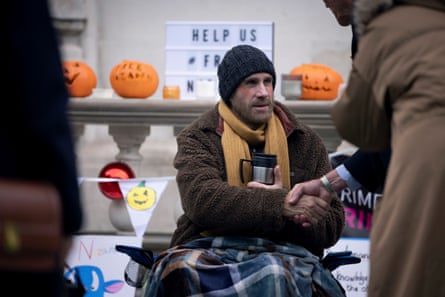
Fiennes “had the privilege of sitting with Richard”, he says. “You don’t always get that with the person you’re playing, and he’s a forensic accountant. The tenacity, where you get to the place of ‘Show me the bloody receipt’, is in his DNA.” That makes it a painful watch too, as this pretty establishment guy slowly and then swiftly loses his faith in the things he used to trust: experts, officials, the government, other establishment guys. “He felt the British government would have it in hand, but that wasn’t the case. He was just lied to, lied to and lied to.”
Richard Ratcliffe went through five foreign secretaries during the period of his wife’s imprisonment: Johnson, Hunt, Raab, Truss and Cleverly. He and his wife would always be the last thing on the minister’s to-do list after they’d settled into the post, and by the time they examined the predicament, their tenure was up. In Prisoner 951, it takes Ratcliffe a while to see that “there’s a military industrial complex at play here,” Fiennes says, “and it’s not transparent. It lives beneath the government, and this is a family that got caught up with that.”
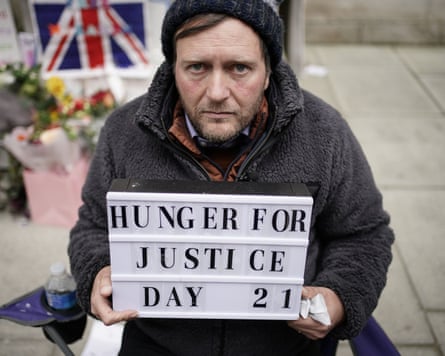
There’s a bit in which Ratcliffe storms into Cleverly’s office (he was then the minister of state for the Middle East and North Africa), “and just rants at him. He really does unravel. He’s unkempt. He’s on day 18 of a hunger strike, he’s at rock bottom. But it takes a lot for Richard to get to that place. He’s not liberated until he’s pushed to the brink.” Plainly, starvation was messing with his brain, but equally plainly it’s an incredible testament to his self-control that he didn’t lose it with any of the other four foreign secretaries.
The Ratcliffes’ imposed separation, and the separation of both from their daughter, are agonisingly drawn in the drama. At one point Nazanin’s brother holds two mobile phones next to each other, one connected to her in prison, the other to Richard in London, so that they can speak to each other for the first time since her arrest. Their attempts to reassure one another, when both are so flattened by geopolitics, are excruciatingly moving. The original working title for Prisoner 951 was “Love Story”.
“That certainly doesn’t reflect the pain and the horror that Nazanin went through,” Fiennes says. “It’s not really a love story. But then it is, in terms of the profound nature of love as a sort of salve, if you like, to survival. I’m thinking of Richard’s family, hugely supportive to him, and Nazanin and her family. Her love of her daughter, his love of his daughter, the love they have for each other – all these components, in the face of this horrific political situation, kept them alive.”
Rashidi says she found “their bond as a couple extraordinary. To a point where, when I was reading it, I was saying to my husband [Christian Straka, a former German tennis pro], ‘You’d better fight for me this hard.’”

The real reason for Zaghari-Ratcliffe’s arrest was in the public domain all along. Richard Ratcliffe started saying it out loud as early as 2018. As described in the BBC documentary podcast Nazanin, the Shah of Iran had made a payment for 1,500 Chieftain tanks and other armoured vehicles in 1971, but the deal was cancelled when his regime fell. The British government wouldn’t refund the partial payment, citing sanctions. However in March 2022, Liz Truss announced that the United Kingdom would repay nearly £400m to Iran, and the same day, Zaghari-Ratcliffe was allowed to fly home.
You can imagine another world in which this repayment had been negotiated within a week or a month. You can also imagine a world in which she’d stayed in prison for ever. “You wonder whether there are others who don’t have her visibility,” Fiennes says, “who don’t have her sense of confidence, and whose families are in Iran and can’t say anything. I imagine there are poor souls out there who are going through this and have spent decades in prison.”
Fiennes has just finished filming another real-life role: Gareth Southgate, in a TV adaptation of the hugely successful play about the England football team, Dear England. Southgate and Richard Ratcliffe almost feel like bookends of heroism, defined by their tenacity and decency in the face of such different pressures. Fiennes also refers wryly to his stark performance as the monster patriarch Fred Waterford in The Handmaid’s Tale: “That’s probably why I’ve gravitated towards Gareth and Richard. I think this is all part of a cleansing act that could go on for ever. I mean, it could conceivably take the rest of your career trying to wash that away.”
“Growing up in the diaspora,” Rashidi says, “always comes with the guilt of having certain freedoms, and not having certain struggles that the Iranian people have. So every time I get the chance to shine a light on those struggles, humanise them, show the real people and their real emotions, that is a gift, and it is something that I feel obligated to do.”

 3 months ago
84
3 months ago
84

